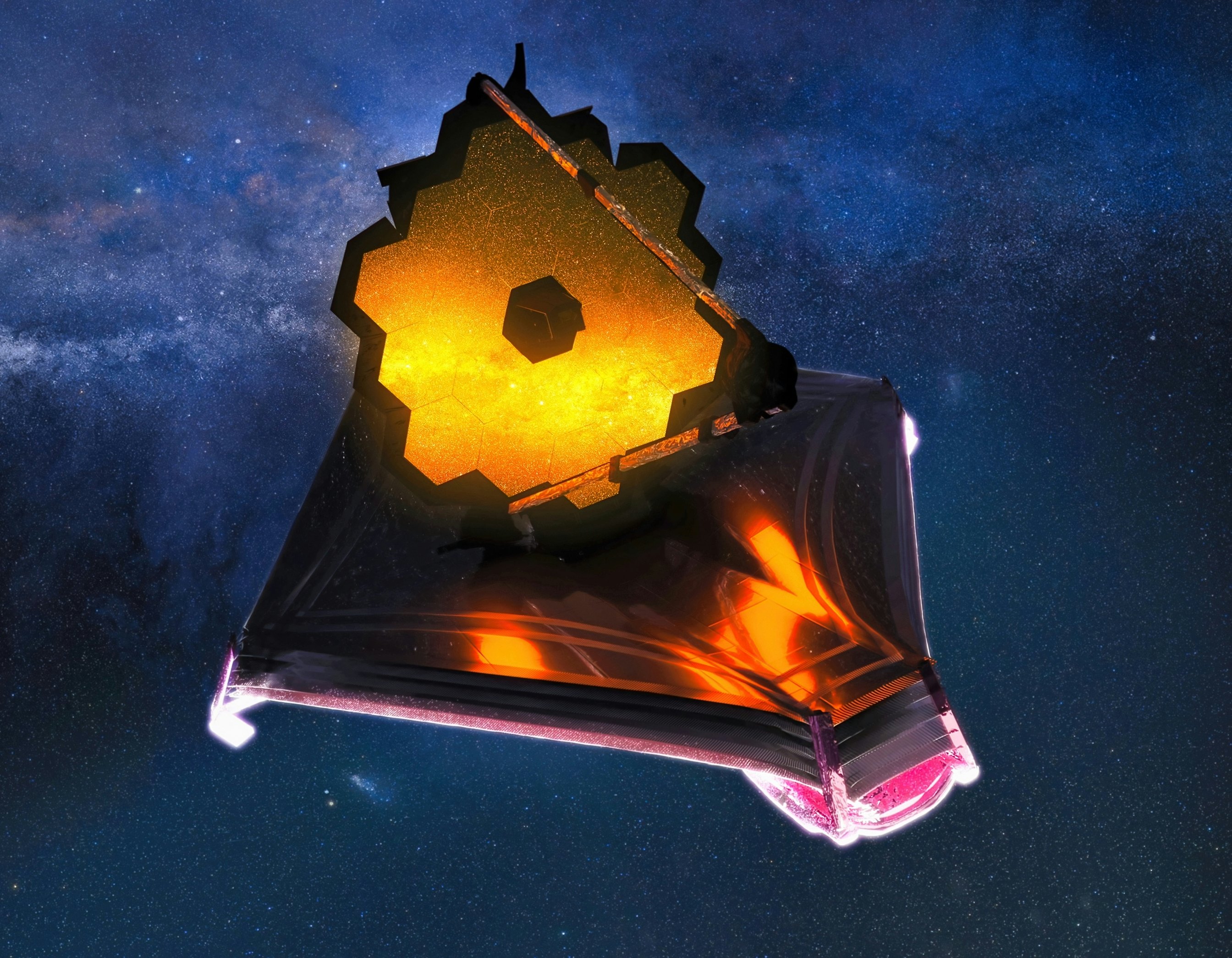
The James Webb Space Telescope — once the bête noire of space science — continues to dazzle now it is happily ensconced in space. On Friday, April 1, NASA revealed that the telescope has completed stage six of its seven-step set-up process ahead of schedule. The Webb Telescope is on track to come online in the summer of 2022 when it will begin observations of the near and distant universe. The Webb Telescope has the potential to unlock the secrets of dark matter, peer into exoplanets’ atmospheres for signs of life, and find the first stars in the universe.
What’s new — On Friday, NASA revealed in a post on the Webb Telescope’s blog that the operations team here on Earth is calling it a day as far as the sixth stage of Webb’s commissioning process goes. Now, they are ready to move on to the seventh and final step of getting the telescope ready for science — once the instruments cool to their operating temperatures, that is.

The announcement puts Webb slightly ahead of schedule — Ball Aerospace scientist and Webb team member Chanda Walker says in a statement that the efficiency came as a pleasant surprise.
“As a general rule, the commissioning process starts with coarse corrections and then moves into fine corrections. The early secondary mirror coarse corrections, however, were so successful that the fine corrections in the first iteration of Phase Six were unnecessary,” says Walker.
“This accomplishment was due to many years of planning and great teamwork among the wavefront sensing team,” she adds.
Why it matters — To get to this moment, the Webb Telescope team went through a weeks-long, painstaking process of slowly adjusting the telescope’s primary mirror’s 18 gold and beryllium segments to bring them into alignment (in focus) across several different instruments on Webb. These are:
- The Near-Infrared Camera (NIRCam)
- The Fine Guidance Sensor (FGS)
- The Near-Infrared Slitless Spectrograph (NIRISS)
- The Near-Infrared Spectrometer (NIRSpec)
This process went so well — for both the primary and the secondary mirror — that some adjustments the team had originally planned for just didn’t need to happen in the end, according to NASA.
On Twitter, the NASA Webb team writes: “Previous alignment efforts were so accurate that the team concluded no additional adjustments are necessary for Webb's secondary mirror until the seventh stage.”

So what are we waiting on now? That would be the Mid-Infrared Instrument or MIRI, the final instrument to be aligned. MIRI needs to cool to a chilling minus 447 degrees Fahrenheit (7 Kelvin) for normal operations. That process will take weeks, even in the cold dark of space.
What’s next for Webb — Once MIRI cools down, the telescope will enter its seventh commissioning stage. This is the final milestone before the instruments come fully online and we begin to use the Webb to create some of the most accurate and sharp images of the universe ever.
The James Webb Space Telescope launched to space on December 25, 2021. It is a joint project between NASA, the European Space Agency, and other international space science institutions. The Webb is designed to look at the universe in infrared wavelengths of light, meaning it can efficiently see very far into the distant universe compared to a telescope that operates in the visible light spectrum, like the Hubble Space Telescope.
Right now, Webb is still on track to come online during the summer of 2022 — that’s when NASA maintains we will get the first science observations from the Webb. Judging by the engineering images it has released so far, including this stunning star image with a little galaxy glitter thrown in for spice, these should be good.







